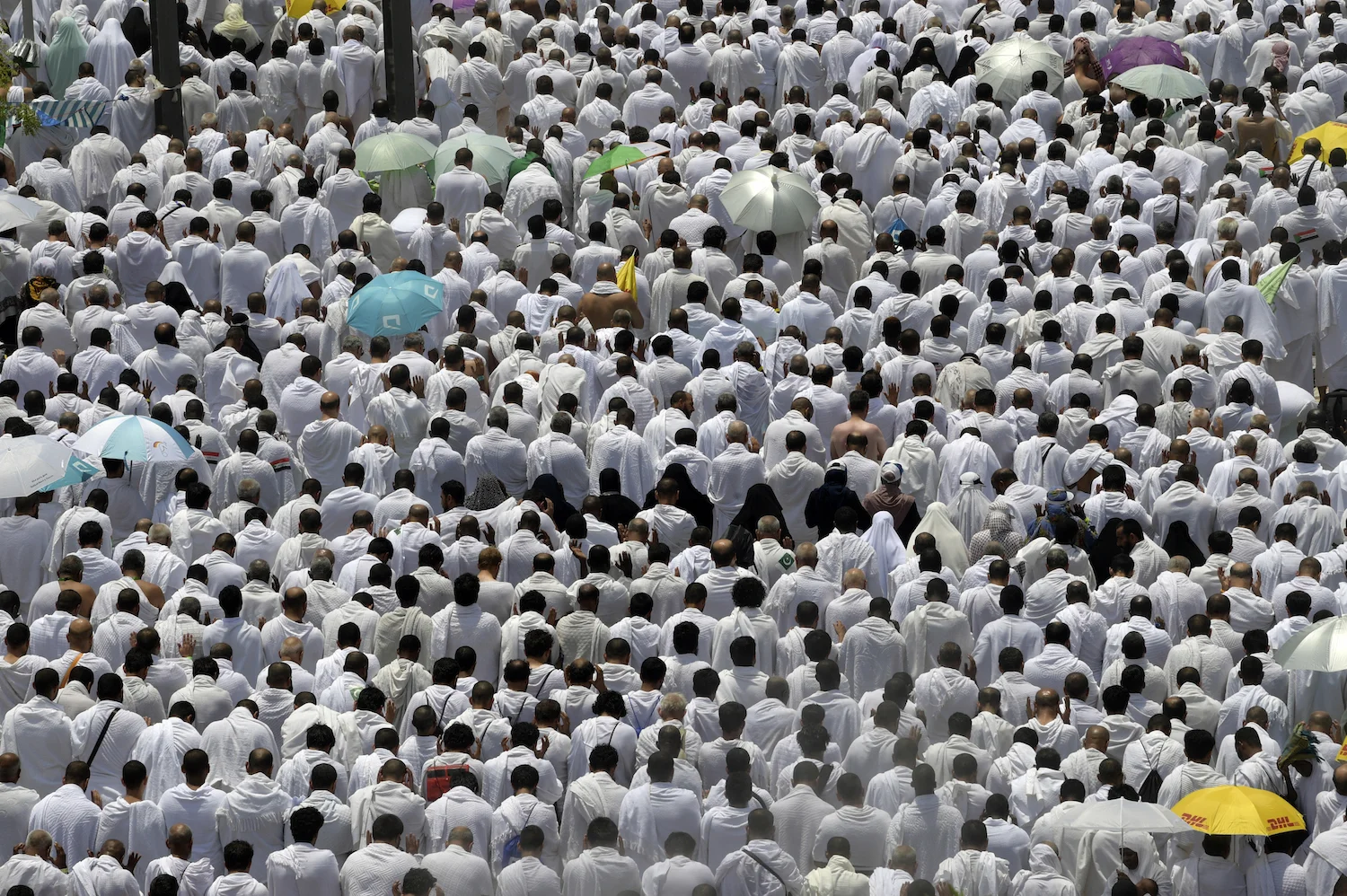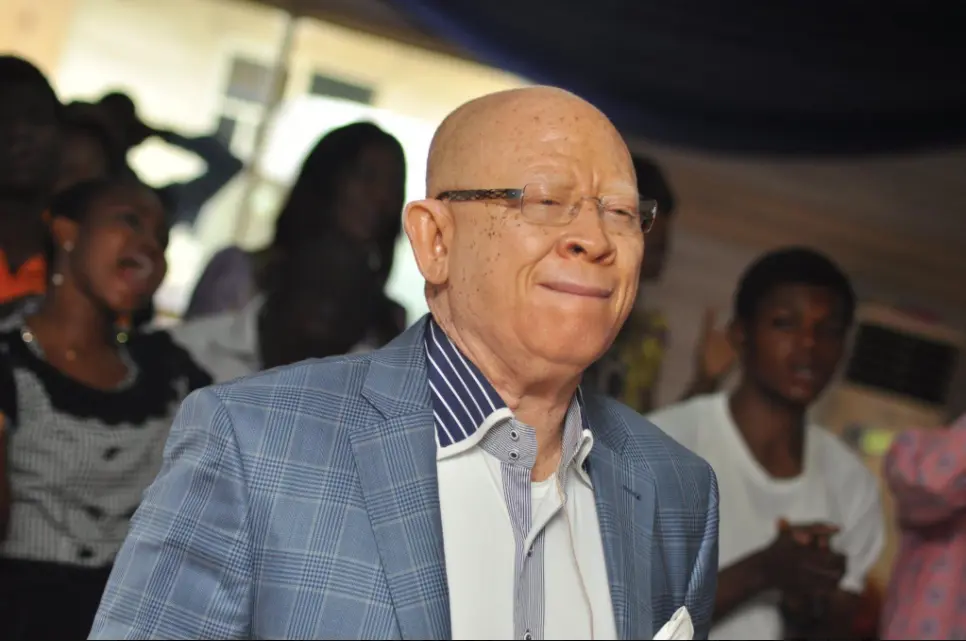
Ahead of the 2026 Hajj operations, the Federal Government has reaffirmed its commitment towards ensuring improved welfare Nigerian pilgrims through more efficient and better preparation for the annual holy pilgrimage.
This was as stakeholders in the Hajj industry advocated for a policy to help the country address the challenge of late payment of Hajj fares.
Speaking at the 2025 post Hajj lecture organised by the Independent Hajj Reporters, IHR, in Abuja, Vice President Kashim Shettima assured that the present administration remains committed to ensuring pilgrims’ welfare is not compromised.
Shettima, who was represented by the Director General of the Federal Radio Corporation of Nigeria, FRCN, Muhammed Bulama, stressed that the government would work closely with Hajj operators to improve logistics, travel, feeding, and tent locations in Mina.
“The government is ready to engage meaningfully with Hajj agents, who play a very key role in the process,” he said, emphasizing that past challenges like poor accommodation and long stays in Saudi Arabia, would no longer be acceptable.
Shettima commended Independent Hajj Reporters for creating a platform to review operations and pledged continued federal support for stakeholders ahead of the 2026 exercise.
On their part, some stakeholders at the event noted that lack of policies have prevented financial institutions to provide funds for intending pilgrims whose wealth are seasonal.
In his keynote address, a former Special Assistant Technical to the Chairman, National Hajj Commission of Nigeria, NAHCON and former Commissioner for Local Government Affairs in Kaduna State, Dr. Shehu Usman Muhammed, said uncertainty over the numbers of intending pilgrims occur every year due to Nigerian pilgrims populated by farmers.
Muhammed stated that deadline for Hajj payment often come close to harvest season, thus make it impossible for them to pay on time.
“The National Hajj Commission of Nigeria (NAHCON) cannot manufacture money to go and make payment. As such, must wait for money to come from states, states also don’t have that fund in their accounts, because people have not made payment.
“Absence of more legal instruments to support and give guarantee to financial institutions to loan out funds to states or NAHCON to enable them to meet the important deadlines is not possible because there is no instrument that will support them and guarantee for the refund in case of leadership change,” he stressed.
The keynote speaker added that if there is a policy framework under savings scheme, not only institutions in Nigeria but other countries like Pakistan, Indonesia and Malaysia can support hajj payment for intending pilgrims that can be recouped afterwards.
“But there must be strong policy, strong instrument that will make them to go to source and recoup their money if something happens,” he affirmed.
On his part, NAHCON’s chairman, Prof. Abdullahi Saleh Usman represented by the Commissioner of Operations, Prince Anofiu Olanrewaju Elegushi, disclosed policy changes from the Saudi Arabia made it difficult to meet up with the Hajj calendar in 2025 holy pilgrimage.
He said: “This led to late payment and unlike previous Hajj when payments are made after Umrah in the month of Ramadan, now all payments must be done even before leaving for the Umrah.
“So, that means the particular countries must take a decision on the number of those that will go for Hajj.”
Earlier, the National Coordinator of IHR, Ibrahim Muhammed, said one of the fundamental challenges facing the Hajj industry today is the luxurisation of Hajj services and the introduction of politically induced catchphrases that have no applicable meaning when it comes to Hajj operations.
“For instance, we note that over the roof VIP and Extra VIP services, an intending pilgrim now wants to be accommodated in a Tent that has smart television in Mina, AI controlled Robot that will be serving him and an automated railway that will ferry him to Arafat and back to his/her Tent,” he said.
Muhammed noted that some stakeholders have raised concern over the cascading negative media reports on the activities of NAHCON in recent years, pointing out that journalists are “constitutionally guaranteed to highlight mismanagement in any government institution, to draw the attention of their supervisory bodies to effect positive changes for the benefit of Nigerians.”
He, however, maintained that IHR would not relent in its efforts to help in enlightening, updating, informing Hajj and Umrah pilgrims and also hold those on the administrative structure accountable to ensure transparent and efficient delivery of services to Nigerian Hajj and Umrah pilgrims .
Hajj: Nigeria’s Govt reaffirms commitment to improved pilgrims’ welfare
